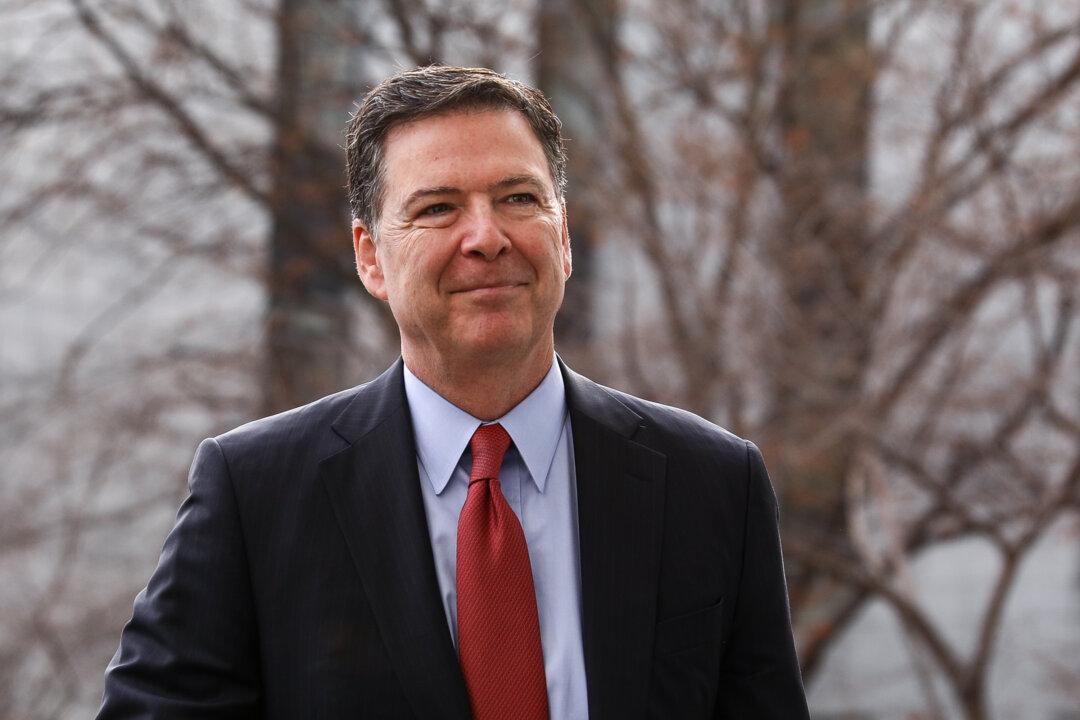Newly declassified portions of the scope memo issued to special counsel Robert Mueller in August 2017 reveal the extent of the FBI’s investigation into the Trump campaign shortly after the firing of then-Director James Comey.
The Justice Department on May 6 declassified portions of the Aug. 2, 2017, memo by then-Deputy Attorney General Rod Rosenstein in response to a request from Senate Judiciary Committee Chairman Lindsey Graham (R-S.C.).





